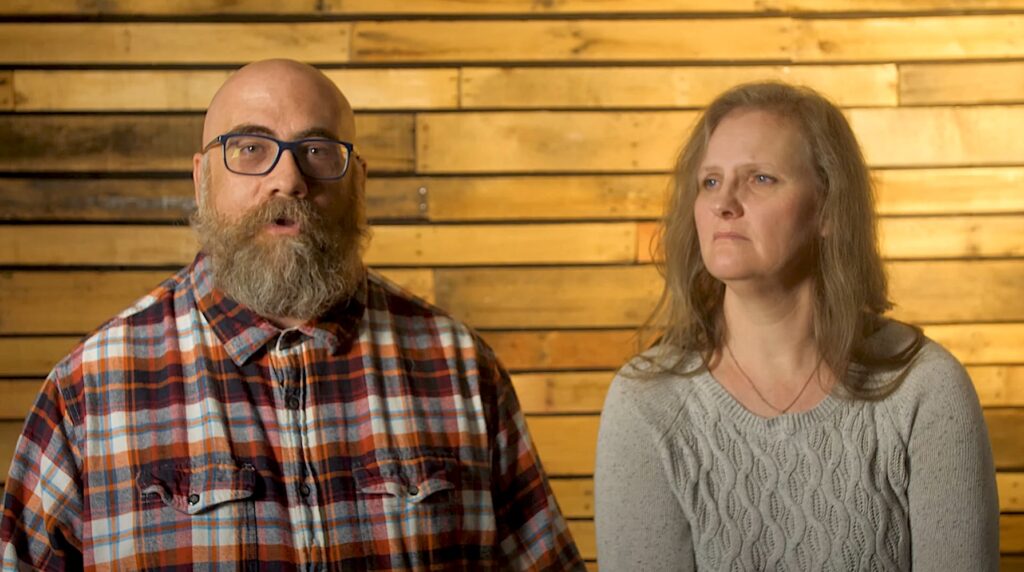Christian parents petition Supreme Court after son was taken away over their refusal to acknowledge new gender identity
The Indiana Department of Child Services took a teenage son from his parents when they wouldn’t refer to him by a female name and pronouns. Now they’re taking their case to the Supreme Court in…

The Indiana Department of Child Services took a teenage son from his parents when they wouldn’t refer to him by a female name and pronouns. Now they’re taking their case to the Supreme Court in hopes other parents don’t face their “nightmare.”
In 2019, Jeremy and Mary Cox’s then 14-year-old son told them he identified as a girl and wished to be referred to by a female name and pronouns, the parents recall in an interview published online. Against their Catholic beliefs, the Cox’s refused.
“We didn’t pursue an affirmational approach with our child because, first as Christians, we believe God created us as male and female,” Mary said. “As parents, it’s our job to help our children to reach their full potential and the only way we feel to do that is to raise our children through our Christian beliefs.”
“Secondly,“ Jeremy added, “we didn’t go with the affirmation approach because we did a lot of research on this subject and there are many different approaches. We spoke to multiple mental health care providers and ultimately decided that affirmation was not going to help our child.”
Instead, the couple believed their son was struggling with underlying mental health conditions, including an eating disorder, and sought therapeutic care.
However, the state began investigating the couple in 2021 after they were reported for not affirming their child’s gender identity, according to the New York Post. Shortly after, the state removed the teen from their custody and placed him in a “gender-affirming” home. He was 16 at the time.
Child services made unsubstantiated claims of abuse, the Post reports, that the Coxes made the child’s eating disorder worse. But a state investigation later found the abuse allegations unfounded.
However, the state maintained the disagreement about gender identity distressed the child.
The Cox’s fought the decision, but lost in trial court, followed by an unsuccessful appeal, which led them to petition the Supreme Court with the help of Becket, a religious liberty legal organization.
“We are hopeful that the Justices will take our case and protect other parents from having to endure the nightmare we did,” the Cox’s said.
The parents say their son was placed in an alternative home for 17 to 18 months before he aged out of the foster care system.



